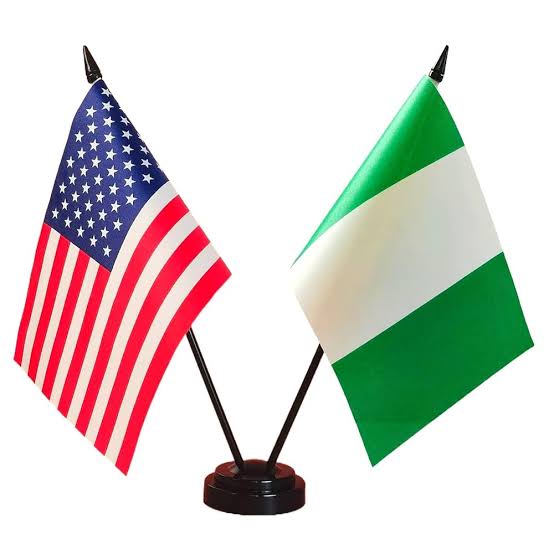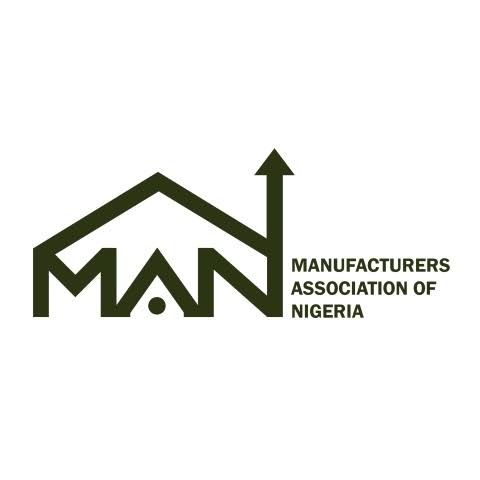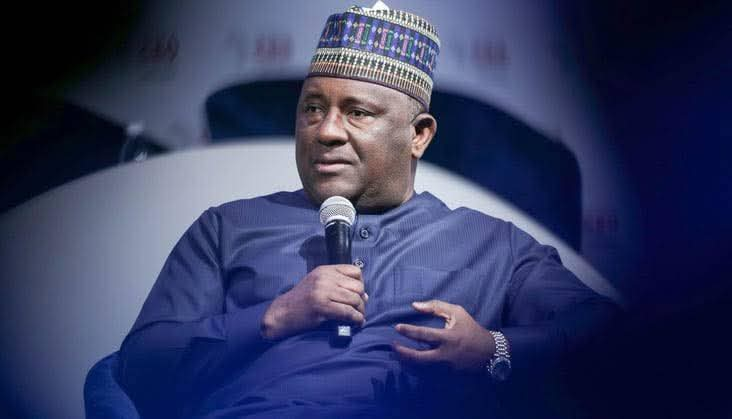The United States Ambassador to Nigeria, Mr. Richard M. Mills, has tasked Nigerian government on engendering business friendly regulatory and investment climate to boost investments in line with the United States shift from aid to trade in its relationship with Africa.
Mills stated this in his recent remarks at the Lagos Business School fire chat with the theme: “Toward a Robust U.S.-Nigeria Commercial and Investment Partnership.”
He said that engendering friendly regulatory clime is important because when companies make decisions on where to do business around the world, they seek out those markets where the business environment is rules-based and predictable.
He said: “We stand ready to partner with Nigeria to strengthen the institutions and regulatory frameworks that will make Nigeria an even more attractive place to do business.
“My colleagues and I at the U.S. Mission will continue to work with our Nigerian counterparts across the federal and subnational governments to support ongoing reforms critical to attracting U.S. foreign direct investment to Nigeria.”
He said that more than 80 large U.S. companies are currently operating in Nigeria across sectors like manufacturing, energy, consumer goods, pharmaceuticals, and technology.
“We want to grow the number of American companies – small, medium, and large – that are driving ingenuity and innovation, and prosperity for Americans and Nigerians alike.
“We also aim to unlock access for Nigerian businesses and entrepreneurs to the U.S. capital market—which, at over $120 trillion, is the largest globally and continues to rank among the most liquid and efficient in the world.
“Already, U.S. venture capital firms are investing in Nigerian startups. Over 60 percent of venture capital funding in Nigeria comes from the United States.
“We must continue to foster an enabling business environment that catalyzes investment and collaboration needed to attract this kind of high-impact investment.”
According to him, success required partnership and “we are asking U.S. businesses to step up to the challenge, invest their time and resources, and seize the great opportunity the Nigerian market offers.
“We are asking Nigerian policymakers to create the conditions to stimulate investment and recognize the long-term value and excellence of U.S. products and services.”
He explained that the United States is making a shift from aid to trade and is no longer engaging African nations as aid recipients, but as capable commercial partners.
“As our chief for African Affairs said, ‘Going forward, we will continue to invest in development – but we will do so through expanded trade and private investment, because it is the private sector – not assistance – that drives economic growth.’
“By promoting two-way trade and investment, we will drive mutual growth for both our nations.”
He pointed out that the U.S. Department of Commerce—together with Nigeria’s Ministry of Industry, Trade and Investment—signed a Commercial and Investment Partnership (CIP) agreement, a five-year memorandum of understanding that prioritises three key pillars: agriculture, the digital economy, and infrastructure.
According to him, Nigeria is one of only five African nations that the U.S. has signed a CIP agreement with.
“We are officially launching the partnership discussions later this month in Abuja. Both governments will listen and learn from these private sector working groups on what concrete steps both governments can take to address these challenges,” he said.
He explained that the CIP process would put government and business into the same room to remove obstacles to trade, adding that he firmly believed that “working together to advance our shared economic interests will create jobs, boost innovation, and unlock new opportunities on both sides of the Atlantic.”





